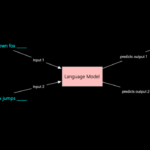
Education
Expand Your Knowledge with Our Education Courses: Learn, Grow, and Succeed
Discover a wide array of education-focused courses designed to enhance your academic and professional growth. From early childhood education to advanced teaching techniques, our courses cater to educators, parents, and anyone passionate about learning. Gain valuable skills in curriculum development, classroom management, educational technology, and more. Whether you’re looking to become a teacher, advance your career in education, or simply deepen your understanding, our courses offer the tools you need to succeed and inspire others.
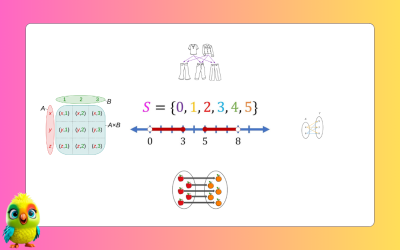
A Complete Guide to Cartesian Product of Sets
If you’ve ever used a grid system, like a chessboard (A-H, 1-8) or a map with coordinates (B3, F5), you’ve intuitively used the concept of the Cartesian Product. In the world of mathematics, this operation is a fundamental way to combine elements from different sets, creating a new set of all possible ordered pairs. But…
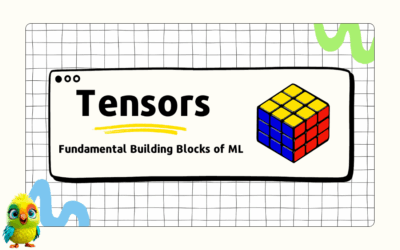
Introduction to Tensor Calculus a key Component in Machine Learning building
Lecture : The Language of Tensors & Foundational Operations 1. Motivation: Why We Need This Language The Data Complexity Problem: In the early days of machine learning, data was often tabular: n_samples x n_features. A vector (sample) or a matrix (whole dataset) sufficed. Modern problems are not so simple. An Image: A 224×224 color photo…

15 Best Neural Network Courses (Bestseller & Free) – 2025 Edition
Looking for the best Neural Network courses in 2025? You’re in the right place. Below is a hand-picked list of 15 high-quality courses covering fundamentals to advanced topics-PyTorch, TensorFlow, CNNs, RNNs, transformers, and more. I’ve also added useful reads from KNCMAP after each pick so you can reinforce concepts with our own tutorials. New to neural nets? Start with…
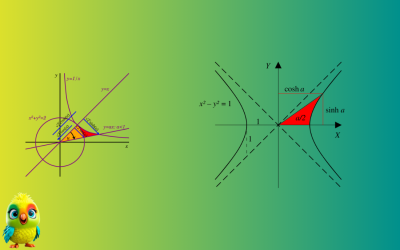
Lecture on Hyperbolic Functions Theory, Derivations, and Applications
1. Introduction to Hyperbolic Functions Hyperbolic functions are analogs of trigonometric functions but are defined using exponential functions rather than the unit circle. They appear in various areas of mathematics, physics, and engineering, including: – Calculus (integration, differentiation, and differential equations) – Physics (relativity, heat transfer, and wave mechanics) – Engineering (catenary structures, transmission lines)…
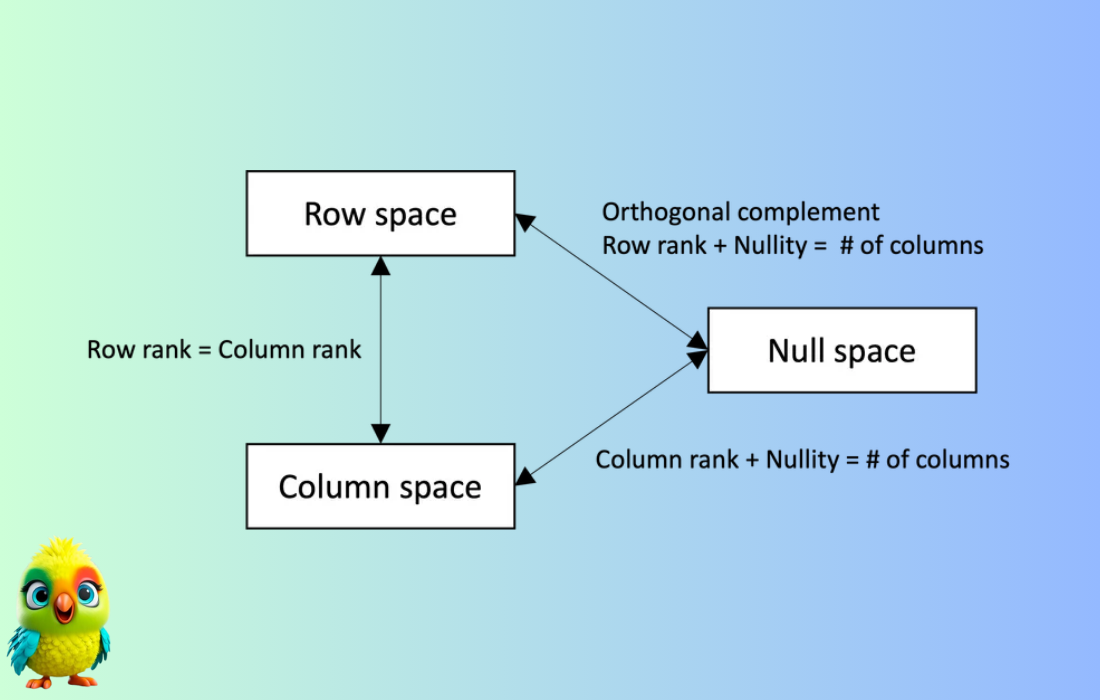
Vectors Analysis Order, Dimension, Rank, Nullity, Null space, and Column space Explained
Vectors Analysis Order, Dimension, Rank, Nullity, Null space, and Column space with a single worked example Definitions (short) * Order (size) of an $m\times n$ matrix: number of rows $m$ and columns $n$. * Rank: the dimension of the column space (number of linearly independent columns). * Nullity: the dimension of the null space (number…
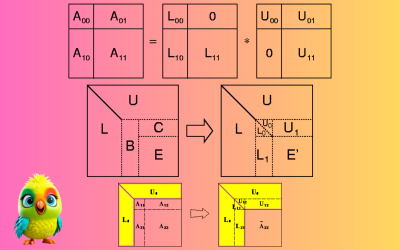
LU Decomposition Method Is A Quick, Easy, and Credible Way to Solve problem in Linear Equations
Introduction Solving systems of linear equations is a fundamental problem in mathematics, engineering, physics, and computer science. Among the various methods available, LU Decomposition stands out for its efficiency, simplicity, and numerical stability. In this blog, we’ll explore what LU Decomposition is, how it works, and why it’s a reliable method for solving linear equations. What…
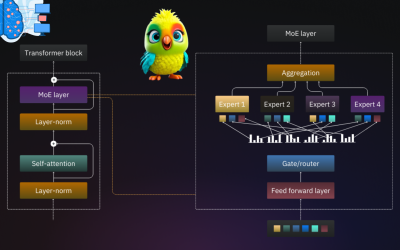
MoE Explained and visualized The Architecture Behind Efficient Large Language Models
What is Mixture of Experts? Mixture of Experts (MoE) is a technique that uses many different sub-models (or “experts”) to improve the quality of LLMs. Two main components define a MoE: Experts – Each FFNN layer now has a set of “experts” of which a subset can be chosen. These “experts” are typically FFNNs themselves. Router or gate…
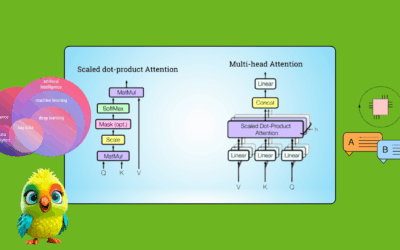
Understanding Transformers: The Mathematical Foundations of Large Language Models
In recent years, two major breakthroughs have revolutionized the field of Large Language Models (LLMs): 1. 2017: The publication of Google’s seminal paper, (https://arxiv.org/abs/1706.03762) by Vaswani et al., which introduced the Transformer architecture – a neural network that fundamentally changed Natural Language Processing (NLP). 2. 2022: The launch of ChatGPT by OpenAI, a transformer-based chatbot…
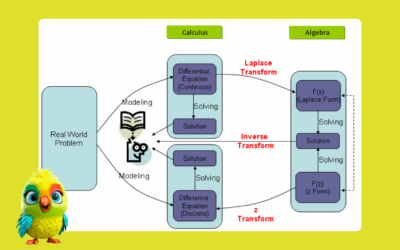
Mastering Laplace Equations and Transforms The History, Derivations, and Solved Examples
Brief Historical Introduction to Laplace Transform The Laplace Transform is a cornerstone of mathematical physics and engineering, with deep historical roots dating back to the 18th century. Named after Pierre-Simon Laplace (1749–1827), a French mathematician and astronomer, this transformative tool emerged as part of his work on probability and celestial mechanics. Read: Introduction to Tensor…
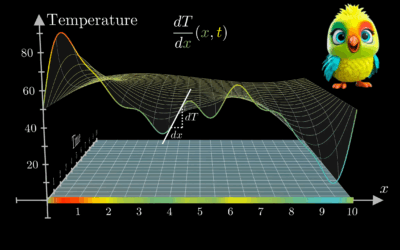
Partial Differential Equations (PDEs), Their Canonical Forms wave, heat, and Laplace equations
Partial differential equations (PDEs) are classified into different types based on their characteristics, which determine the nature of their solutions and the appropriate solution methods. The three most important PDEs in mathematical physics are: Read: Introduction to Tensor Calculus a key Component in Machine Learning building Partial differential equations (PDEs) are used in machine learning…






